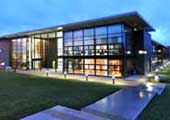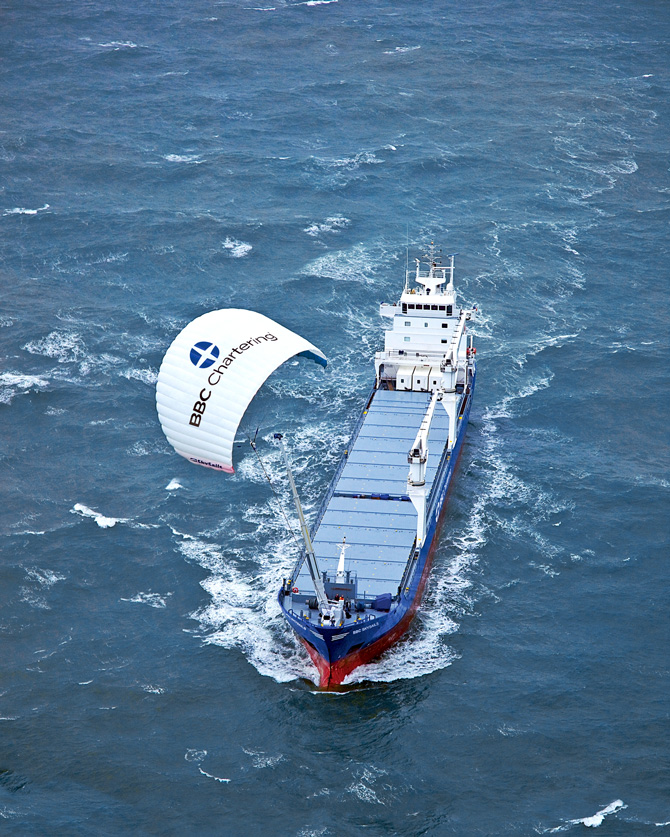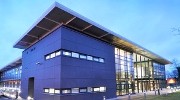Joint Research in Kites to Save on Seagoing Energy Costs

Published on: Monday, 27 July 2015
There is increasing global awareness of the fundamental importance of the Oceans to humanity and our planet. Societal challenges in areas as diverse as food security, energy security and environmental sustainability are propelling a now urgent need to better understand the Oceans and what is happening, in, above and beneath them.
The Oceans and their ecosystems are resources that must be much better managed into the future. Many nations and international organisations are actively engaging in ever larger and more ambitious monitoring programmes to better understand the Oceans and ensure resources taken from them such as fisheries are sustainably managed and protected.
In the past decade, these factors have led to the development of an appreciable international market for maritime monitoring technologies and solutions. The sector continues to develop rapidly but high-resolution maritime domain monitoring has not yet been achieved.
Over the past 18 months a joint team from INS (Irish Naval Service), SEAI (Sustainable Energy Authority of Ireland), EI (Enterprise Ireland), CIT (Cork Institute of Technology) and UCC (University College Cork) have been working to determine if kite propulsion systems and elevated sensor platforms have a role in global/national security enhancement and commercial applications.
This project to place sensors on very large (20m2) ship-based controlled kites is called AEOLUS. The innovation greatly increases coverage of an area of sea at marginal cost. Increasing the mounting height of a sensor from twenty metres to three hundred metres increases the sensor’s coverage from a surface area of 300nm2 to 4,500nm2.
This allows a vessel patrol a vast sea area without the necessity to cruise long distances, saving on fuel and manpower costs and emissions. Life-saving applications due to increased contact with vessels who may otherwise be out of coverage are possible.
‘We are delighted to be working with the wide range of partners on this exciting project which aligns with European energy goals as well as our policy of Innovation with social responsibility’ says Richard Linger, Head of the Nimbus Centre’s Industry division.
Previous work shows the kites are both practical and safe for launch, flight and recovery from coastal locations or seagoing vessels. This project will integrate the innovative sensors to be developed with a controllable parafoil kite to deliver a commercially attractive airborne maritime monitoring platform. So far, a data logger has been deployed on the L.E. Niamh INS vessel and a commercial feasibility study completed.
The Project Management, hardware integration and software development support is taking place at the Nimbus Centre at CIT, Ireland’s largest dedicated ‘Internet of Things’ Centre. Business development, maritime mechatronics and maritime operations expertise is provided by the Halpin Centre for Research and Innovation at the National Maritime College of Ireland (NMCI). NMCI is a constituent college of CIT in partnership with the Irish Naval Service.
AEOLUS will form part of a portfolio of maritime hi-tech services and technology products for a new Irish company to be spun-out from CIT, with plans to employ 30 people by 2020.







